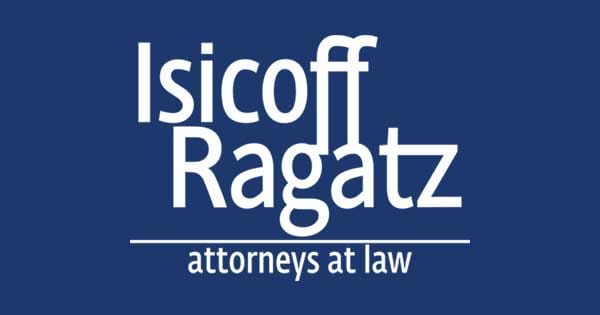Businesses invest lots of time, talent and money developing a unique good or service to distinguish them from their competitors. A trademark can provide intellectual property protection for this asset.
Trademark basics
A trademark includes any word, phrase, design, or a combination of these items that identifies goods or services. A trademark also includes service marks. Trademarks protects goods while service marks protect services.
Trademarks identify the source of goods and services, legally protects a brand, and helps guard against counterfeiting and fraud.
Trademarks, however, are not ownership of a word or phrase and do not prevent others from using these identifiers. Having a trademark just provides rights on how that word or phrase is used with a specific good or service.
Owning and registration
You own a trademark when you start using it with your goods or services. A trademark establishes limited rights in the geographic area where you are using goods or services.
Registration of a trademark gives more rights and protections from unregistered use. Registration with the U.S. Patent and Trademark Office creates nationwide rights and protections for a trademark.
Trademark symbols
Trademark symbols provide notice to consumers and competitors about trademark claims. The TM symbol represent goods and SM covers services even if a registration application was not submitted.
The symbol ® indicates that the trademark was registered with the USTPO. This registration symbol may be used anywhere around the trademark. Most trademark owners, however, use the symbol in a superscript or subscript to the right of the trademark. The registration symbol may be used only with the trademark for the goods or services contained in the federal trademark registration.
Registration protections
A trademark registered with the USPTO is contained in its database of registered and pending trademarks. The database contains the trademark, the registered goods and services and the application and registration dates.
A federal registered trademark gives owners the right to sue in federal court against anyone using the trademark or an overly similar trademark in the United States without having to travel to that offender’s state. Registration carries the legal presumption of ownership and the right to use it without producing voluminous evidence.
Registration allows use of the symbol ® with the trademark to show registration with the USPTO. Federal registration may be the basis for seeking trademark protection in other countries.
Trademarks may also be registered with Florida and other states. However, state registration provides rights only in the state where it is registered. State data bases generally contain less information than the USPTO.
Attorneys can furnish legal advice about trademarks, assist with the preparation of your trademark application and related search, and represent you at USPTO proceedings. Lawyers can also assist you with enforcement of your trademark rights and protect you from illicit solicitations.

